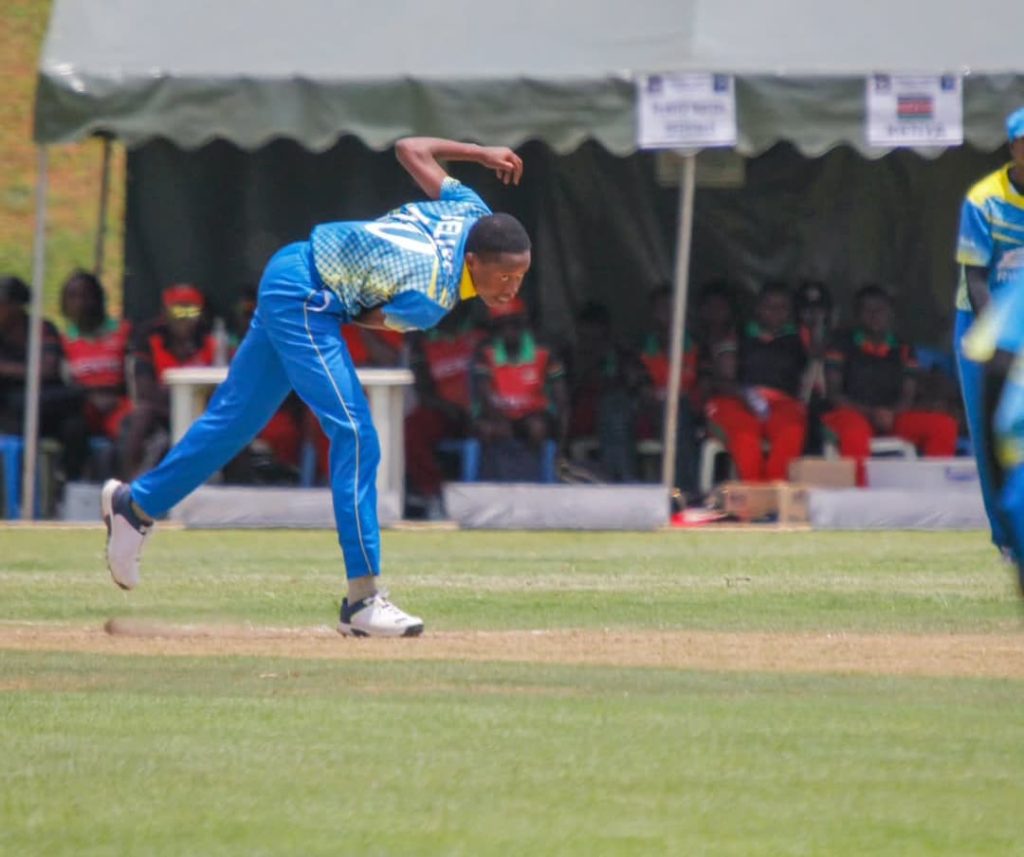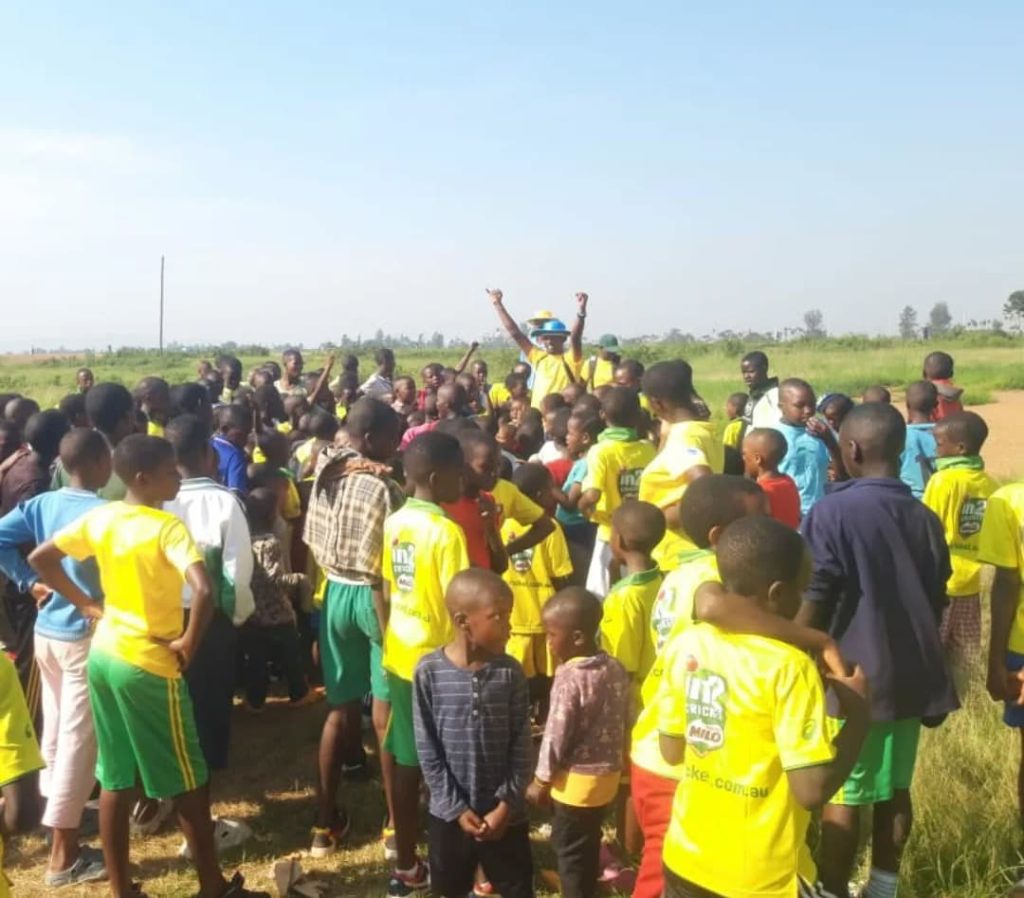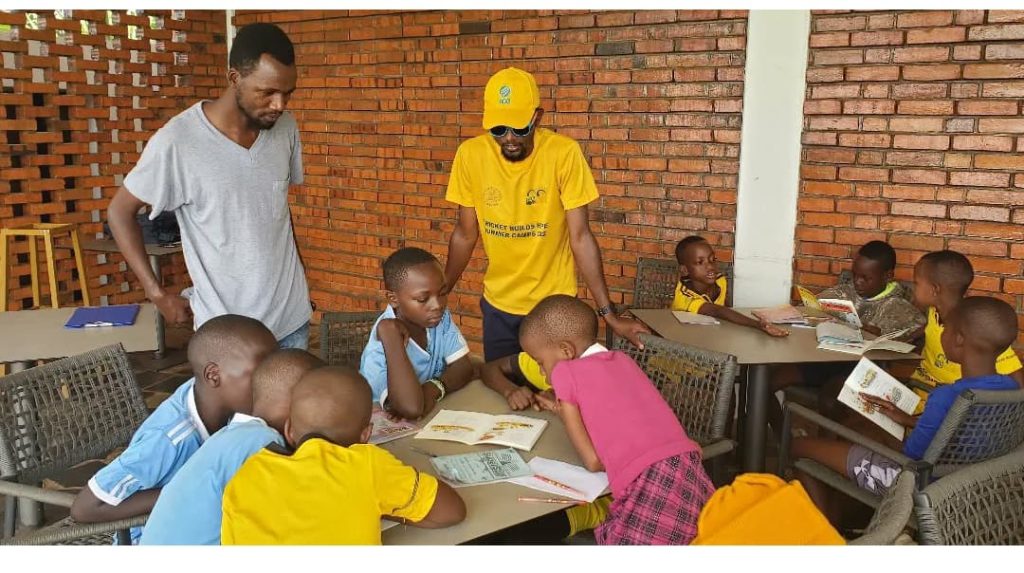In Rwanda, cricket is making a significant contribution to social transformation. This sport, historically introduced from other regions, is increasingly viewed as a tool for empowerment, education, and reconciliation, largely due to efforts by the Cricket Builds Hope (CBH) project and the Rwanda Cricket Association (RCA).
Cricket’s presence in Rwanda grew after the 1994 Genocide against the Tutsi, as many returning individuals from English-speaking, cricket-playing countries like Kenya, Tanzania, and Uganda brought the sport with them. This led to the formation of the Rwanda Cricket Association between 1999 and 2000, which became affiliated with the International Cricket Council (ICC) in 2003.
A key development in this growth is the Gahanga Cricket Stadium, opened in 2017. Built by Cricket Builds Hope (formerly the Rwanda Cricket Stadium Foundation), this facility serves as a central point for the sport’s expansion and its related social programs. The stadium’s construction used local labor, with 66,000 handmade tiles incorporated into its design, reflecting local architectural styles.

Cricket’s influence goes beyond just the sport itself. Programs by CBH and RCA use cricket to bring about social change. For example, the Women’s Empowerment Programme, an ICC Development Award winner, focuses on women in areas near the Gahanga stadium.
This program combines cricket sessions with workshops on essential life skills, including health education, financial literacy, business skills, and leadership. Reports indicate that over 70% of participants have started new businesses or found employment or training, showing the program’s success in boosting economic independence and confidence.
The impact is visible in individuals like Eric, a young man from Gahanga. His involvement in community cricket programs at the stadium provided a structured environment that helped him develop discipline and leadership. This led to his return to formal education and his current role as a youth coach.
Similarly, Belise, a notable female cricketer, demonstrates how the sport can challenge traditional gender roles. Her participation in the ICC Women’s Under-19 T20 World Cup in 2023 not only raised her profile but also gave her the experience to mentor other young girls, promoting their inclusion in sports.
Beyond individual stories, cricket helps build community. It brings together young people from various backgrounds, offering a shared activity that can bridge differences.
Initiatives like the Cricket x Life Skills Camps, which typically see over 400 children attending weekly sessions at the stadium, combine cricket with English language instruction and other important life skills, addressing key developmental needs among Rwandan youth.

These programs receive support from various partners, including the ICC, Comic Relief, the Scottish Government, and private companies like Nium and Yorkshire Tea.
The Rwandan government’s Sports Development Policy acknowledges sports as an important factor for social and economic progress, highlighting its role in promoting unity, health, and economic opportunities. Cricket’s growth aligns with this national objective, contributing to a sporting culture that supports social harmony and empowers citizens.

The Cricket Builds Hope project, in collaboration with the Rwanda Cricket Association and its partners, shows that sports development can lead to significant societal improvement. By combining athletic training with essential life skills and community involvement, cricket is not just developing a sport in Rwanda; it is building a foundation of hope and opportunity for its people.
